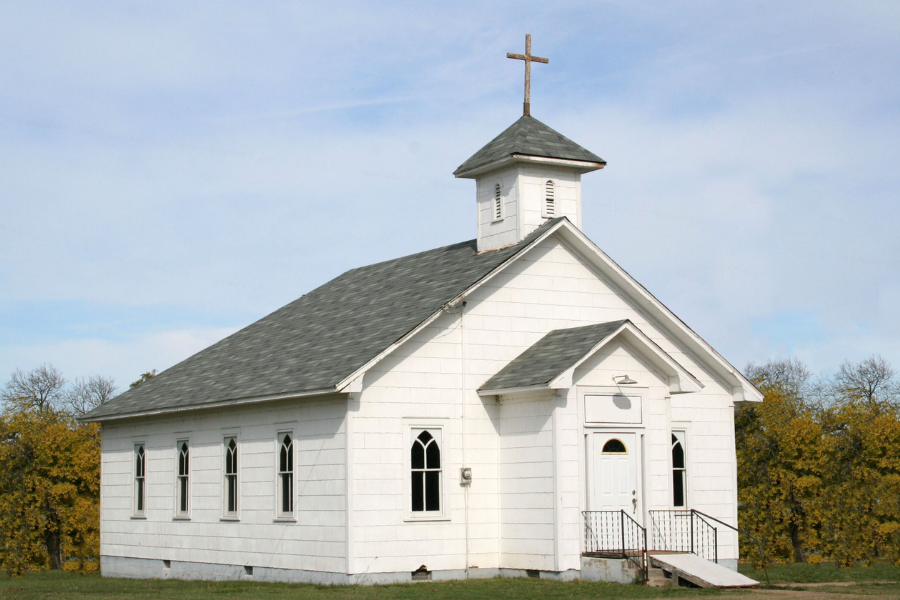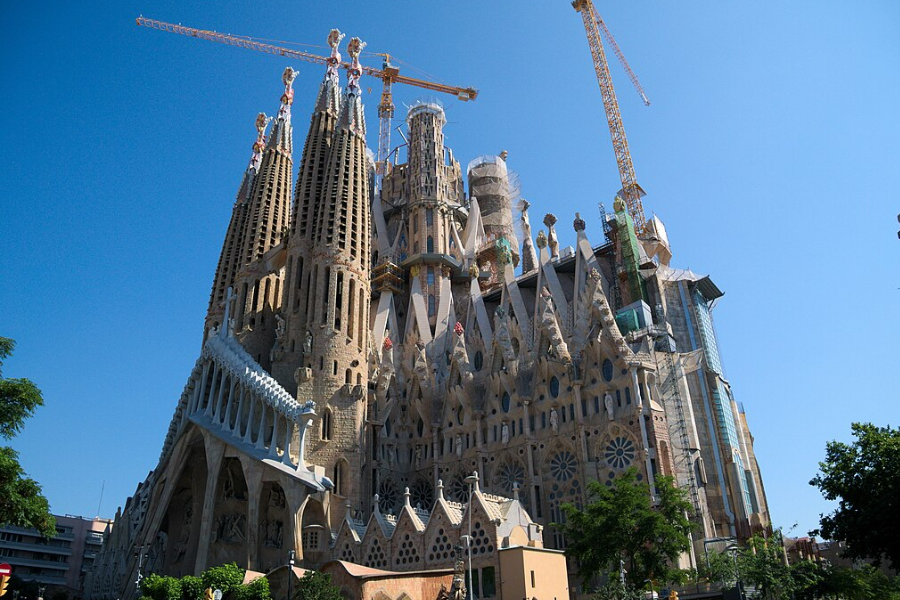Tilchurch: A New Kind of Community Hub for the Modern World
As society evolves, so does the concept of community space. One of the most intriguing shifts in recent years is the rise of the “Tilchurch.” This new type of community hub reimagines the traditional church, blending it with cultural and social functions to meet the needs of a diverse, modern audience. In this article, we’ll delve into what makes Tilchurch unique, how it benefits communities, and why it’s becoming a favored model for inclusive spaces worldwide.
Understanding Tilchurch: More than Just a Church

The Tilchurch concept represents a shift from purely religious institutions to multi-use spaces that cater to people of all faiths or none at all. While Tilchurches often offer worship services, they also host social gatherings, community events, and support services. This blend of functions allows Tilchurches to become central places where people can connect, learn, and find support—all within the same welcoming environment.
The Inspiration Behind Tilchurch
The idea for Tilchurch emerged from a need to adapt unused religious buildings for contemporary uses. With attendance declining in some traditional religious spaces, communities saw an opportunity to repurpose these buildings rather than let them remain empty. The name “Tilchurch” combines “tilt”—signifying a new direction—and “church,” symbolizing its roots in religious space, though with a modern twist that resonates with a broader population.
Why Tilchurches Are Thriving
Tilchurches are gaining popularity as more people seek spaces that foster a sense of community without being bound by strict religious practices. The flexibility of Tilchurches appeals to a range of individuals, from those looking for spiritual guidance to those seeking a venue for community events or social programs. This adaptable model makes Tilchurches particularly attractive in multicultural communities, where people of various backgrounds come together.
Supporting Community Needs in Secular Spaces
In secular communities where traditional religious spaces may be underused, Tilchurches fill an important gap. They offer non-religious activities such as art exhibits, local concerts, workshops, and more. This approach not only draws in a wider audience but also revitalizes local engagement, ensuring these spaces remain meaningful and active.
Fostering Cross-Cultural Exchange
A unique aspect of Tilchurches is their role in promoting cultural exchange. Through events celebrating diverse traditions, religions, and customs, Tilchurches create opportunities for people to learn from each other, fostering understanding and unity. This emphasis on inclusivity and shared experiences makes Tilchurches ideal spaces for multicultural communities.
Tilchurch as a Hub for Essential Community Services
Beyond social and cultural gatherings, Tilchurches also provide essential community services. Many offer food banks, educational programs, and mental health support, all of which serve those who may not have access to these resources elsewhere. This combination of support and community engagement makes Tilchurches invaluable assets to their neighborhoods.
Architectural Design of Tilchurch: Spaces for All Purposes
Tilchurches often occupy renovated or repurposed buildings, such as old churches, or are built from scratch with modern community needs in mind. Their designs include open spaces for gatherings, smaller rooms for workshops or meetings, and tranquil areas for personal reflection. This versatile setup allows the space to seamlessly transition between various functions, supporting a wide range of activities under one roof.
Inclusive Spiritual Services at Tilchurches
For those who seek spiritual support, Tilchurches offer inclusive, non-denominational worship services. These services focus on universal values—like compassion, unity, and kindness—rather than specific religious doctrines. This inclusive approach allows people from different spiritual backgrounds to feel welcome and supported.
Social Events and Celebrations
Tilchurches are also places where people can celebrate important moments in their lives. Weddings, birthday parties, and community gatherings are commonly hosted here, making Tilchurches a central spot for both formal and informal social interactions. This dual role as a spiritual and social venue reinforces the sense of belonging and community that Tilchurches aim to foster.
Educating and Empowering the Community
Education is another key role of Tilchurches. Many offer classes in arts, music, language, and more, with the goal of providing accessible learning opportunities for all ages and backgrounds. These programs enhance personal growth, skill-building, and community engagement, making Tilchurches important educational hubs in their neighborhoods.
Prioritizing Environmental Sustainability
Sustainability is a core principle in many Tilchurch designs. Whether they’re retrofitting old buildings or constructing new ones, many Tilchurches prioritize eco-friendly materials and green technologies. From solar panels to rainwater harvesting, these sustainable practices show Tilchurches’ commitment to both community well-being and environmental responsibility.
Addressing Mental Health and Wellness
Modern Tilchurches often recognize the importance of mental health by offering support services, counseling, and meditation sessions. These programs provide a safe and welcoming space for individuals seeking help, enhancing the role of Tilchurches as inclusive sanctuaries that care for both body and mind.
Challenges in the Tilchurch Movement
Though the concept is gaining momentum, Tilchurches face challenges, including funding and occasional resistance from traditional religious groups. Many Tilchurches rely on donations or government grants, which can fluctuate. Additionally, some people feel that Tilchurches represent a departure from traditional practices. However, the growing popularity of Tilchurches indicates a readiness for change and adaptation in community spaces.
The Future of Tilchurch: Toward Broader Inclusion
The future of Tilchurches looks bright as more communities recognize the need for adaptable, inclusive spaces. As society continues to evolve, we may see even more innovation within the Tilchurch model, incorporating new technologies, programs, and community services. With their unique blend of cultural, social, and spiritual offerings, Tilchurches are poised to become vital centers for fostering community cohesion and resilience.
Conclusion
Tilchurches embody a modern vision of community spaces where tradition meets inclusivity. By offering a variety of cultural, social, and spiritual activities, Tilchurches provide a welcoming environment that serves a wide range of community needs. As we navigate an increasingly diverse world, Tilchurches may play an essential role in bringing people together and creating a sense of unity and belonging for all.
FAQs
What is the main goal of Tilchurch?
Tilchurch aims to provide a flexible, multi-purpose community space that caters to spiritual, cultural, and social needs, adapting to the needs of modern communities.
Can anyone attend activities at a Tilchurch?
Yes, Tilchurches are open to people of all faiths and backgrounds, creating a welcoming environment for everyone.
How does Tilchurch differ from traditional churches?
Tilchurches expand beyond religious services, offering social gatherings, cultural events, and community support programs that appeal to a broader audience.
What types of services are available at Tilchurches?
Tilchurches offer community support, including food distribution, educational classes, mental health resources, and cultural events.
Is Tilchurch a global trend?
Yes, Tilchurches are increasingly popular worldwide, especially in diverse communities where inclusive community spaces are in high demand.
Keep an eye for more news & updates on Internal Breaking!






